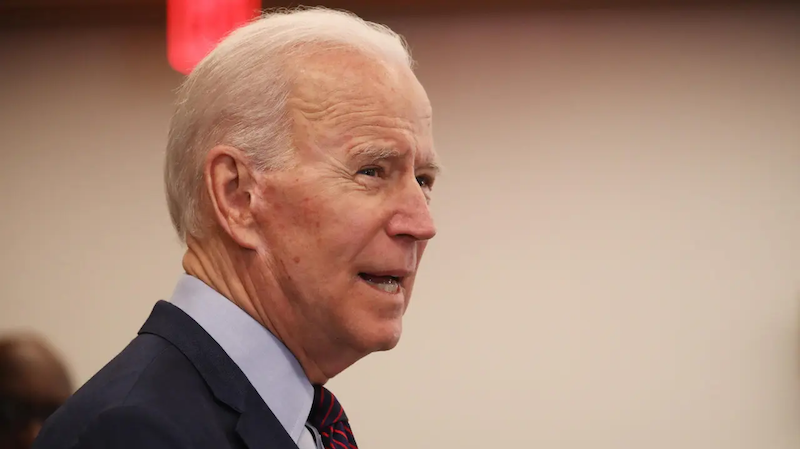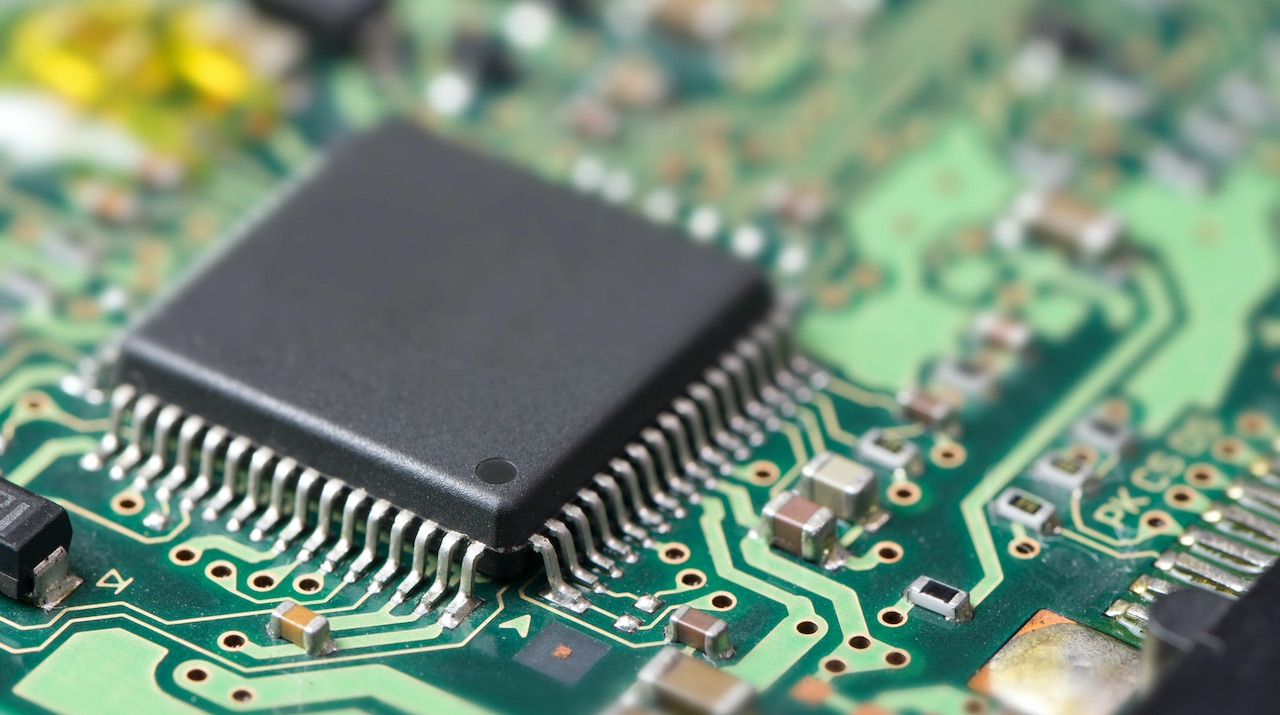The Cold War once signified the political-military tensions between the two victorious superpowers of World War II, the United States and the USSR.
It is no coincidence that its end is indicated in 1991, the year of the dissolution of the Soviet Union.
The most striking manifestation of the Cold War was the so-called arms race: we are therefore still talking about technology.
Today the front of the Cold War has changed, and a third major economic power has entered, China.
The scope always remains that of technology. Indeed, as the tech sector evolves ever faster, it is more than ever here that tensions are currently being played out between the United States and Russia and, what we will talk about today, between the United States and China.

The new Cold War between the US and China
Let us therefore leave aside the relations between Washington and Moscow, inevitably exacerbated after the invasion of Ukraine. And which, as we wrote in another article, have resulted in vetoes and cross-bans.
Let’s focus instead on another recent Cold War underway, political in origin but perhaps even before economic, between the United States and China.
Who there is a milestone dateor on August 9, 2022, when US President Joe Biden signed the Chips Act. Let’s find out what it is, and what consequences it is having on some large companies in the tech sector (and on the international diplomatic arena).
It Chips Act
The well-known initial problem is that of the semiconductor crisis, and the need (not only in the United States, but also in Europe) to become as independent as possible.
And here’s that with the imposing Chips Act, a law whose full name is Chips and Science Art, the American Congress (after an abundant year of negotiations) has provided for the allocation of over fifty billion dollars of manufacturing incentives for the internal production of microchip.
The plan also includes more than 80 billion dollars for the National Science Foundation, in favor of research and technological innovation.
The US-China-Taiwan triangle
Also last August, a diplomatic case broke out which we are interested in recalling.
Speaker of the House Nancy Pelosi had visited Taiwan, an independent country but claimed by China as its own province.
And so the Beijing government, offended by Yankee interference, reacted with a massive military exercise in Taiwan.
Actually, tensions between China and Taiwan have kept the entire tech sector on edge. Why? Because Taiwan is the largest microchip producer in the world, and a possible conflict between the two countries would have decreed a halt to semiconductor exports.
There is more. Nancy Pelosi, during her visit, met Mark Liu, president of TSMC, the largest independent chip factory in the world.
Pelosi explained the Chips Act to Liu, underlining that part of the allocation provided for by the law would go to those who opened new plants in the United States.
The Chips Act and exports: the Nvidia case
The Chips Act also contains an additional provision.
In fact, heavy restrictions on the export of chips have been introduced, which have affected several companies, including Nvidia.
The Santa Clara-based company could no longer export its flagship product, the A100, to the Chinese market. The veto of the law stopped the export of this semiconductor (also produced in Taiwan), widely used in artificial intelligence applications by major Chinese companies, such as Alibaba. The lockout caused Nvidia something like $400 million in lost revenue in three months.
The company took the guesswork out of it and produced the A800. That is, a chip with lower performance and which therefore does not fall within the prohibition imposed by the Chips Act.
Other companies find themselves in the same paradoxical situation as Nvidia. The block imposed by the Chips Act, which aims to create an independent production of semiconductors, on the one hand encourages but on the other limits, through these severe (and somewhat out of fashion) forms of protectionism.
Tensions between China and Lithuania
Ma this curious Cold War was able to involve even Lithuania.
The reason? Taiwan has announced a plan worth more than ten million euros for the production of semiconductors in the Baltic country. Beijing’s reaction came via the statement released by Foreign Ministry spokesman Zhao Lijian. Who accused Taiwan of “colluding with external forces to pursue the independence of the island”.
The European Commission therefore intervened. Whose vice president, Valdis Dombrovskis, has in turn accused China of blocking trade with Lithuania. Not only were the allegations dismissed, but Beijing called on Brussels to distance itself from Lithuania’s attempts to “take China-EU relations hostage”.















Leave a Reply
View Comments